When One Partner Uses
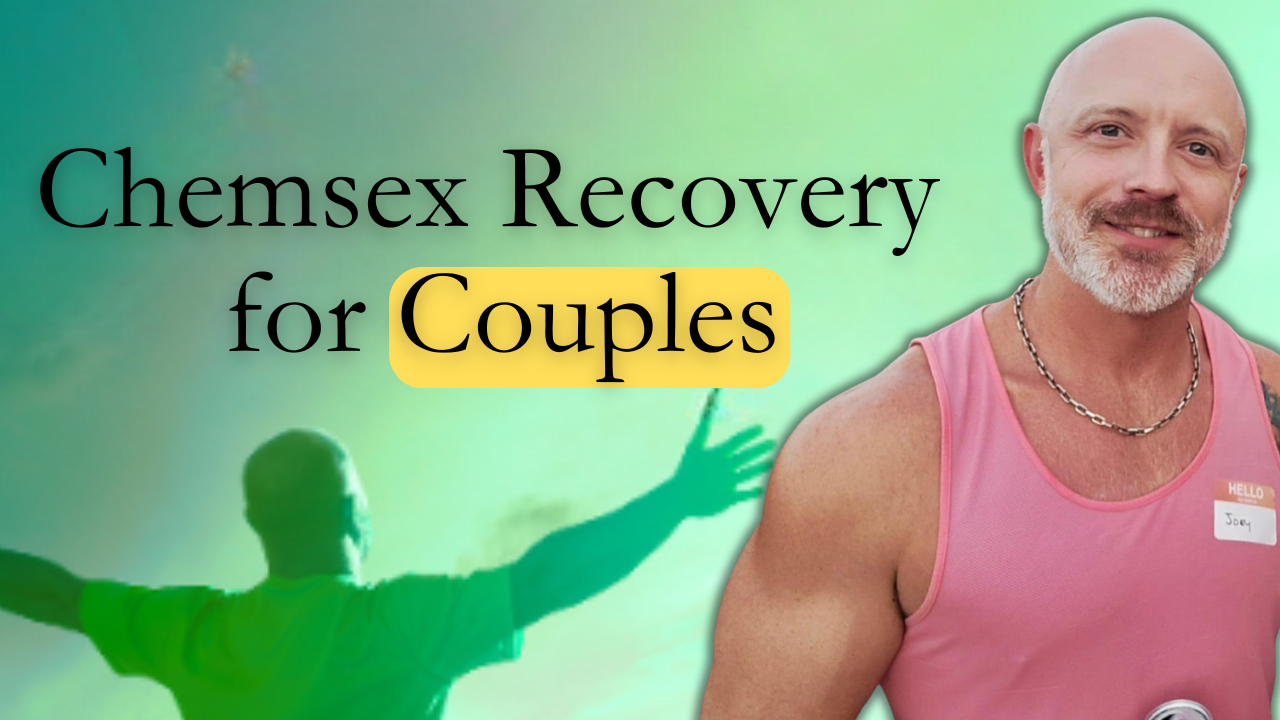
Relationships affected by Chemsex face unique challenges that test the very foundation of love, trust, and commitment.
This episode study guide explores the complex dynamics between partners when one person struggles with methamphetamine use, drawing from real experiences of recovery and relationship repair.
Understanding that these situations often leave both partners feeling isolated and unsupported, this guide offers practical insights and tools for healing.
Whether you're the partner using substances, the partner who isn't, or someone supporting others through this journey, these lessons can illuminate pathways toward recovery and stronger relationships.
Key Learning Points
The Cycle of Use and Relationship Impact
Methamphetamine use often follows predictable patterns, commonly occurring in three-month cycles.
This isn't a coincidence—it reflects how our brains and bodies process trauma, stress, and the neurochemical changes that drive addictive behaviors.
Recognizing these cycles helps both partners understand that use episodes aren't random events but part of a larger pattern that can be interrupted and changed.
The substance affects not just the user but fundamentally alters relationship dynamics. Partners report feeling like they're living with "a different person" during and after use episodes.
This isn't dramatic exaggeration—methamphetamine genuinely changes brain chemistry, personality, and behavior in ways that create distance and confusion in intimate relationships.
The Enabling Trap
One of the most painful realizations for non-using partners is understanding how love can become enabling.
When we care deeply for someone, our instinct is to protect them from consequences, provide comfort during difficult times, and offer unwavering support.
However, in addiction contexts, this natural response can inadvertently remove the motivation for change.
True support sometimes means allowing your partner to experience the natural consequences of their choices.
This doesn't mean being cruel or withdrawing love—it means setting clear boundaries and following through consistently.
The goal isn't punishment but creating conditions where recovery becomes more appealing than continued use.
Joey's Five Commandments for Relationship Recovery
Successful relationship recovery requires immediate, decisive action across five critical areas:
Closing the Relationship: Open relationships and methamphetamine use create a dangerous combination. The sexual aspects of methamphetamine use are powerful triggers, and maintaining access to hookup opportunities while trying to recover is like keeping alcohol in the house while treating alcoholism. This boundary isn't permanent but provides necessary protection during the most vulnerable phase of recovery.
Location Tracking: While this may feel invasive, location sharing serves multiple purposes. It removes the burden of constant questioning from the non-using partner while providing accountability for the recovering partner. Modern technology can automate this process, reducing the feeling of being "policed" while maintaining transparency.
Eliminating Access Points: All dating apps, cruising websites, and contact with using partners must be blocked or removed. This includes seemingly harmless social media platforms that might connect to old contacts. The goal is removing easy access to triggers and using opportunities.
Radical Honesty: Perhaps the most challenging requirement is complete honesty about past use, current thoughts, and ongoing struggles. Lies often hurt relationships more than the actual substance use because they erode the foundation of trust necessary for healing.
Professional Support: Recovery requires more than willpower and good intentions. Professional guidance—whether through specialized coaching, therapy, or support groups—provides tools and perspectives that couples cannot develop alone.
Understanding the Protective Function of Addiction
One of the most transformative insights in recovery work involves recognizing that addictive behaviors often serve a protective function.
Rather than viewing the "using self" as an enemy to be destroyed, effective recovery involves understanding what this part of the personality is trying to protect against.
Methamphetamine use often temporarily relieves shame, trauma, social anxiety, or other emotional pain.
Until these underlying issues are addressed, simply removing the substance leaves the original problem unresolved. This is why sustainable recovery requires deeper work than just stopping drug use.
The Relationship Crucible
While methamphetamine use creates enormous stress on relationships, it can also serve as a crucible that ultimately strengthens partnerships. Couples who successfully navigate recovery often report being stronger than before the addiction issues emerged.
This happens because the crisis forces both partners to develop communication skills, establish clearer boundaries, practice radical honesty, and address underlying issues they might otherwise avoid.
This doesn't mean addiction is beneficial—the pain and damage are real and significant. However, understanding that growth and healing are possible helps maintain hope during the most difficult periods.
Moving Forward Together
Recovery from methamphetamine use within a relationship context is neither quick nor simple.
It requires sustained commitment from both partners, professional support, and often significant changes to lifestyle and social connections. However, the testimonies of couples who have successfully navigated this journey demonstrate that healing is possible.
Remember that setbacks are often part of the recovery process rather than signs of failure.
Each challenge provides an opportunity to practice new skills, deepen understanding, and strengthen the relationship foundation.
The goal isn't perfection but progress, not elimination of all difficulties but development of healthy ways to navigate them together.
Whether you're just beginning to address these issues or you're further along in your recovery journey, know that you're not alone.
With proper support, commitment to honesty, and willingness to do the difficult work of healing, relationships can not only survive the impact of methamphetamine use but emerge stronger and more authentic than before.
The path forward requires courage, patience, and faith in the possibility of transformation.
By taking it one day at a time, supporting each other through setbacks, and celebrating every step toward healing, couples can build the relationship they both deserve—one founded on honesty, mutual support, and genuine intimacy that doesn't require substances to sustain.
What is your experience, and do you know someone who could benefit from this information? Feel free to reply to the email or forward.
Dallas
Reflective Questions
-
What patterns do you notice in your own or your partner's substance use? Look beyond just the use itself to identify triggers, cycles, and underlying emotional states that seem to precede use episodes.
-
How has fear of consequences affected your relationship decisions? Consider whether you've avoided setting boundaries or following through on consequences because you're afraid of losing your partner or making things worse.
-
What would radical honesty look like in your relationship right now? Identify areas where you've been withholding information, minimizing problems, or avoiding difficult conversations that need to happen.
-
What underlying pain or trauma might substance use be attempting to address? Think beyond surface-level motivations to consider deeper emotional wounds that may be driving addictive behaviors.
-
How can you distinguish between supporting recovery and enabling continued use? Reflect on specific behaviors and decisions to identify where your good intentions might be inadvertently making recovery less likely.
Journal Prompts
-
Write about a time when you felt like you were living with "a different person" due to substance use. Describe the specific changes you noticed and how they affected your sense of connection and safety in the relationship.
-
Explore your relationship with control and letting go. How comfortable are you with allowing natural consequences to occur? What fears arise when you consider stepping back and letting your partner experience the results of their choices?
-
Describe what unconditional love means to you in the context of addiction. How do you balance loving someone completely while still maintaining healthy boundaries and expectations?
-
Write a letter to the version of yourself from before addiction affected your relationship. What would you want that person to know? What advice would you give about what was coming?
-
Imagine your relationship five years from now, fully healed and stronger than ever. What specific changes would need to happen to reach that vision? What would both partners need to do differently?
Action Exercises
-
Create a Crisis Response Plan: Develop a written plan for how you'll respond if a use episode occurs. Include specific steps for both partners, support people to contact, and boundaries that will be enforced. Having this plan in advance prevents emotional decision-making during crisis moments.
-
Establish Weekly Check-ins: Schedule regular, structured conversations about recovery progress, relationship concerns, and emotional needs. Use this time to practice honest communication in a safe, predictable setting rather than only discussing problems during crisis moments.
-
Build a Support Network: Identify at least three people outside your relationship who understand your situation and can provide support. This might include therapists, support group members, trusted friends, or family members. Practice reaching out to these people regularly, not just during emergencies.
-
Practice Boundary Setting: Start with small, manageable boundaries in low-stakes situations to build your confidence and skills. Notice how it feels to set limits and follow through, paying attention to both your own reactions and your partner's responses.
-
Document Recovery Milestones: Keep a record of positive changes, insights gained, and progress made. During difficult moments, reviewing these achievements can provide hope and motivation to continue the hard work of recovery and relationship healing.
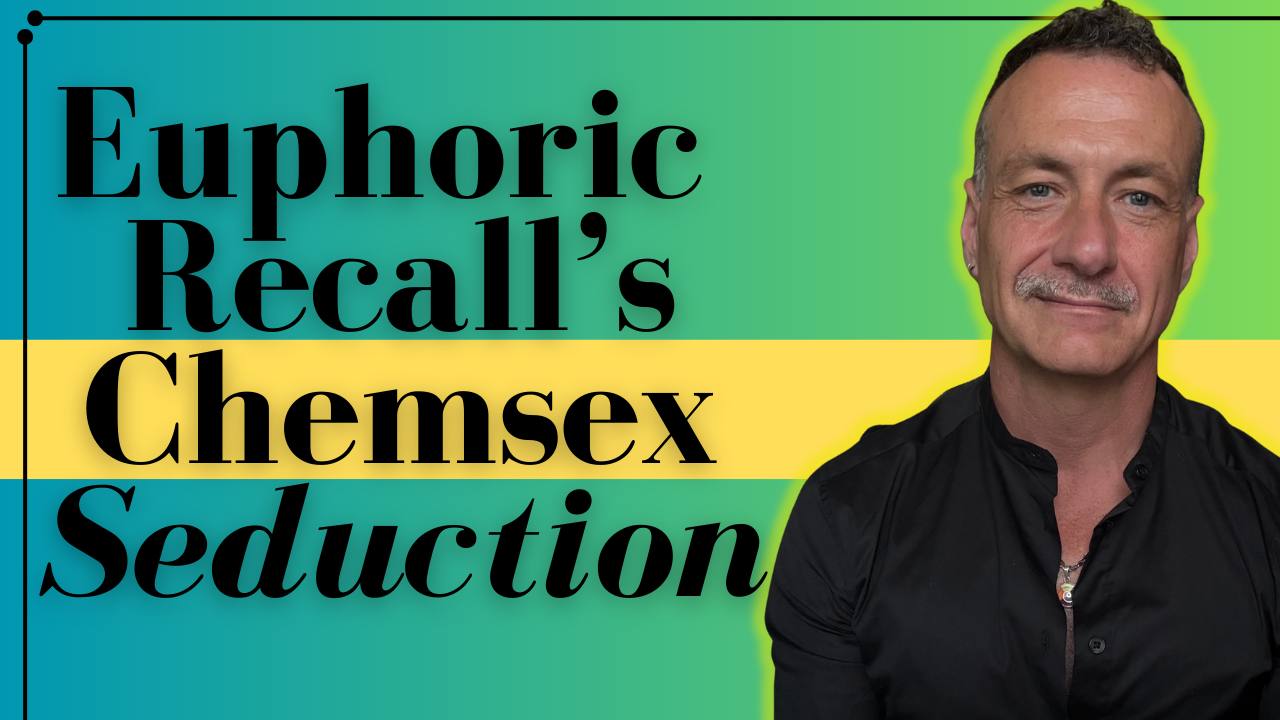
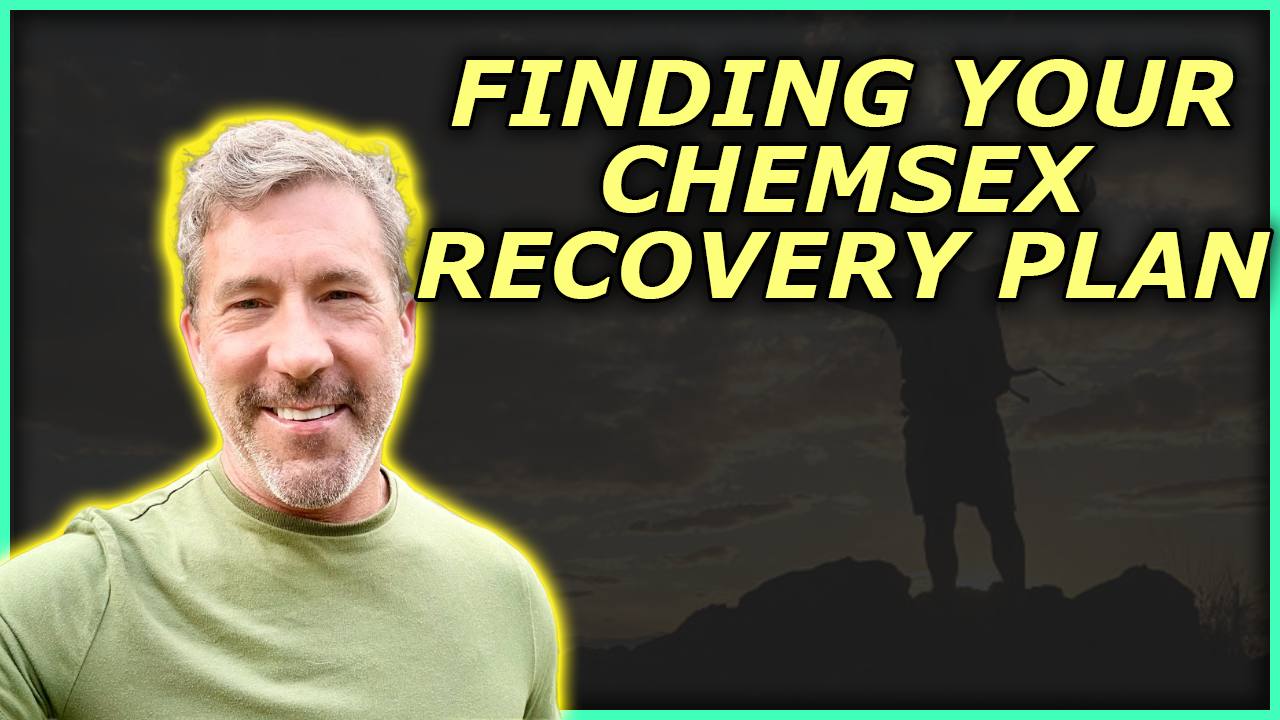
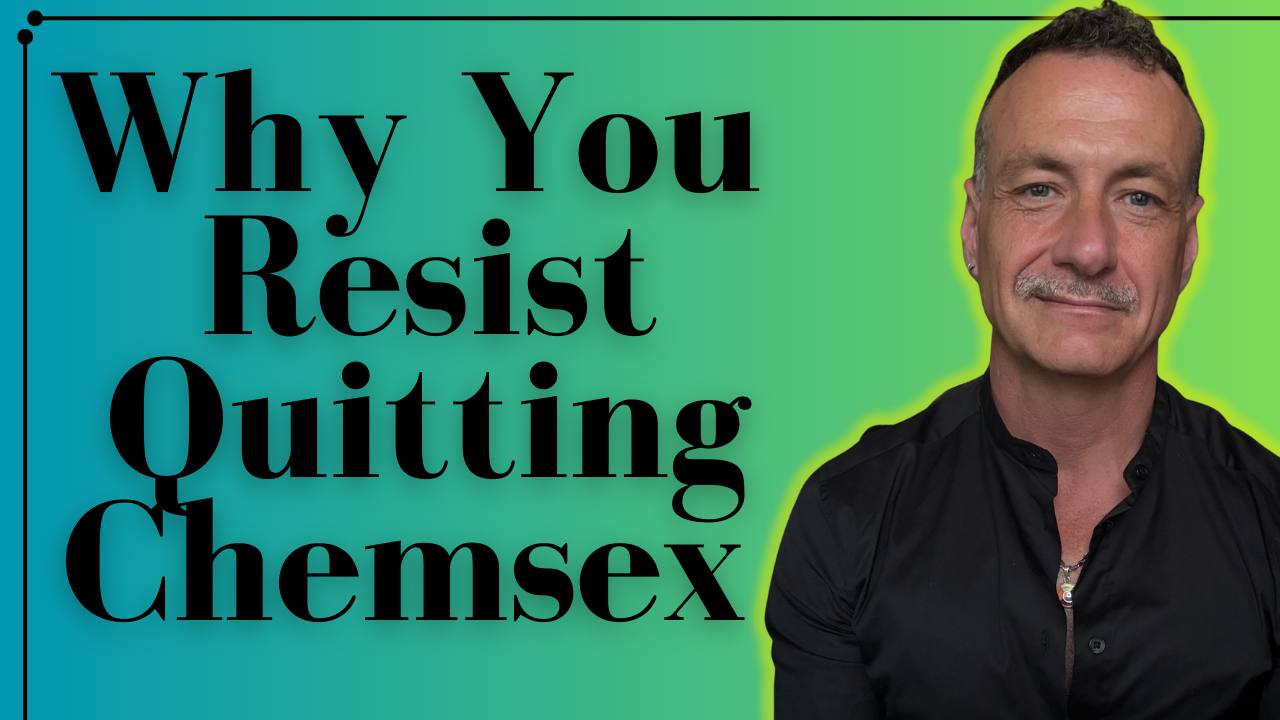

Responses